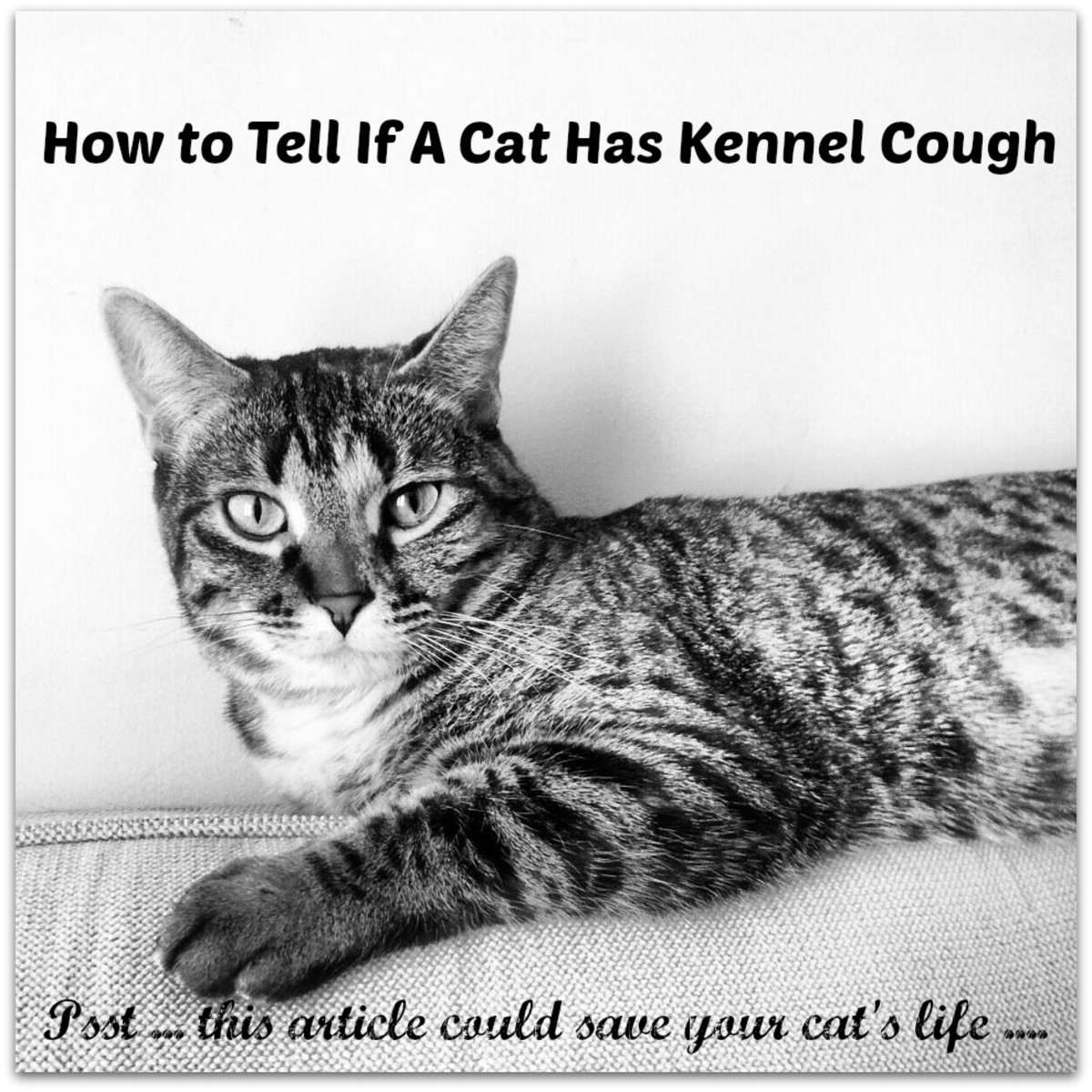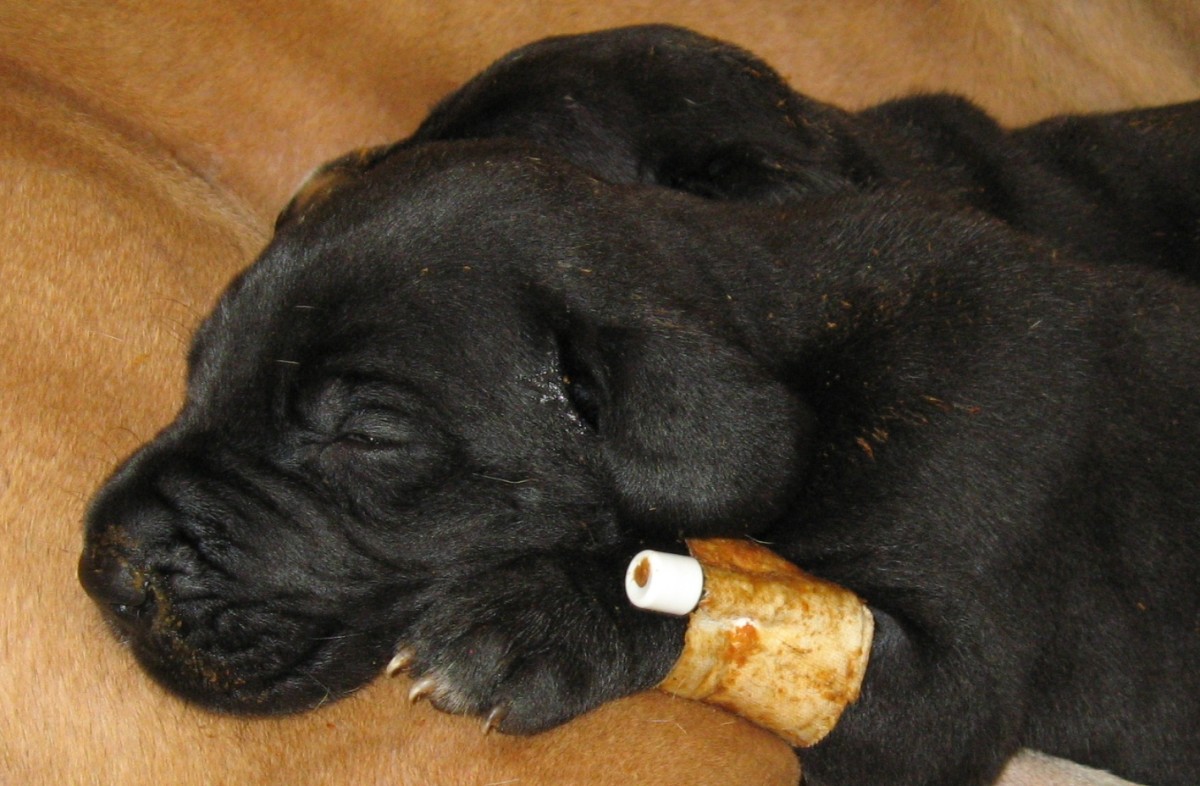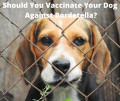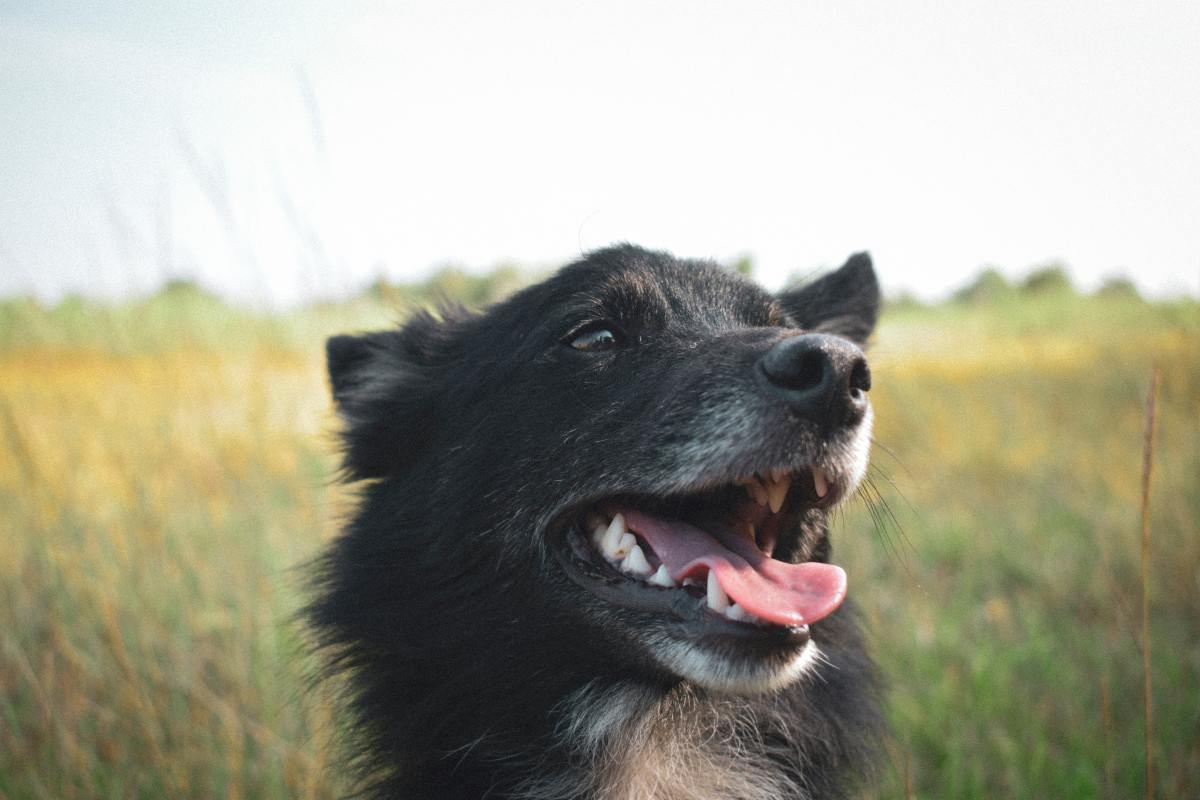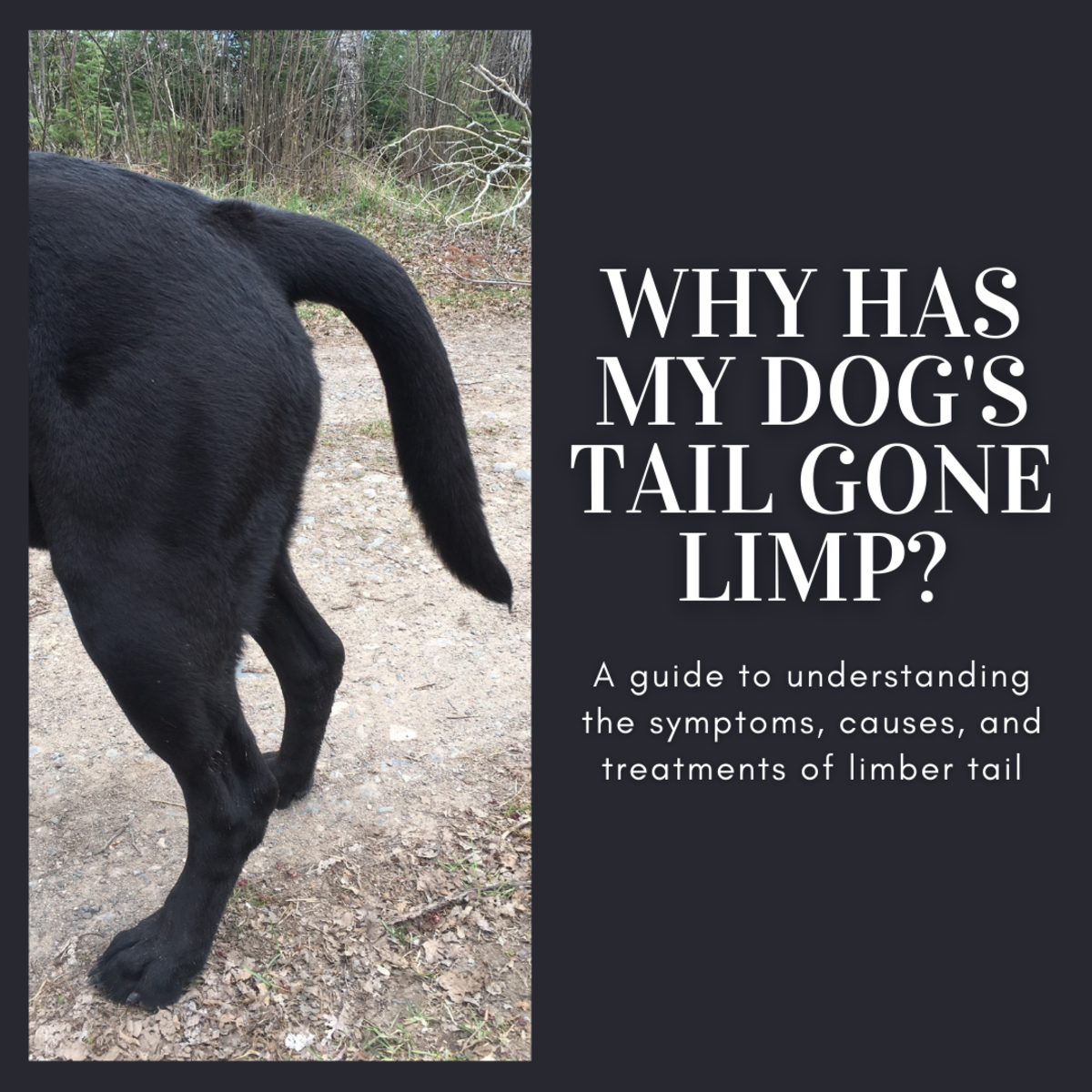How To Treat Canine Kennel Cough
Kennel Cough - Tracheabronchitis
Although, in most cases the concern is prevented by the Bordatella vaccination in puppies and as a part of the yearly vaccinations, but that does not mean that your dog is guaranteed to never develop kennel cough because the bacteria that causes it- Bordetella Bronchiseptica.
In some cases, a dog may have the bacteria, but just because it's there, that doesn't mean your dog will necessarily develop kennel cough, as it generally only develops in times of stress or when the bacteria is combined with another bacteria, like parainfluenza virus, canine adenovirus, or mycoplasma.
Kennel cough is one of the most common infectious disease in dogs. The health concern effects the lining of the trachea which causes a minor irritation, but even though it causes minor irritations, you want to make sure that you get the disease treated because it can develop into other illnesses, like pneumonia, which can be fatal (although rare).
If your dog becomes listless, refuses to eat, and starts running a fever, you want to take him to your vet (or the closest emergency vet) because the chances are pretty high that his kennel cough has developed into pneumonia.

Causes of Kennel Cough
Dogs can develop kennel cough a few different ways. The most common cause is being in a kennel, hence the name; dogs who have been boarded or are in a shelter and cannot get away from another dog with the disease are much more susceptible to contracting it.
Because kennel cough is airborne, dogs who have been around other dogs with the disease are much more likely to contracting the bacteria when they breath. So, the dog can contract the bacteria anywhere that he's come into contact with at least one other dog, whether it be the dog park, dog show, pet store, vet, pet boarding facility, animal rescue, etc.
You'll find that the bordatella bacteria thrives in dusty, smoky, and cold environments.
Dogs that harbor the bacteria, but aren't necessarily ill from it, can develop full blown kennel cough in times of stress- moving, new dog in the house, new family, new people in the house, or just about any traumatic experience the the dog.
Just keep in mind, that if your dog has been exposed to the bacteria, it can take 5 to 10 days before he shows any signs of the disease.
If your dog does develop kennel cough, the one good thing is that once he fully recovers, he will be less likely to develop it again. Dogs can become resistant to future occurrences once the infectious disease has been treated and overcome.
Signs of Kennel Cough
The signs and symptoms of kennel cough are pretty simple. Your dog will experience a dry cough, hence the name. When he coughs, it may sound like the dog is trying to cough something out of his throat, but nothing ever comes up.
In many cases, the dog may cough so many times that it ends up in a dry hacking cough, that can result in the dog coughing up a foamy mucus discharge that may be any color between white and green (if green, seek medical assistance ASAP), or he may cough up his last meal.
Diganosing Kennel Cough
If you think that your dog has kennel cough, your veterinarian will exam him so that the best course of treatment can be designed. The vet will rub your dog's throat trying to get him to cough. If he does cough and coughs up a mucus, more than likely the vet will diagnose the dog with kennel cough.
He may order a few more tests or x-rays to see if the disease has developed into anything further, such as pneumonia or even distemper.
Treating Kennel Cough
If your vet diagnoses your dog with kennel cough, he may prescribe a medication to prevent any secondary infections or illnesses. Some vets are using azithromycin, which is an antibiotic prescribed to treat kennel cough.
In minor cases, kennel cough will go away without treatment, but if disease lasts over 7 days, you'll definitely want to seek medical assistance so that your dog can be properly evaluated. You want to make sure that his airways and lungs are still healthy, and he is not suffering from another condition that could severely worsen.
Kennel cough can last as long as 21 days, but before you reach the 21 day mark, you want to make sure that your dog is otherwise healthy and is fighting the disorder to his best ability. You don't want to wait too late and have kennel cough develop into sometime worse.
Most vets will tell you that the dog doesn't necessarily need antibiotics unless the dog has appetite lose and is acting abnormal (lethargy is a big concern).
Home Treatment For Kennel Cough
If your dog already has kennel cough, you can set him up in a bathroom or small room with a humidifier. You want to keep him warm and away from drafts. And, to help ease excessive coughing, you may want to consider removing your dog's collar, encourage him to drink plenty of water, and offer wet food instead of dry to help sooth an irritated throat.
You can consider some of the following natural ingredients to help ease the coughing.
- Plantago is a natural ingredient that helps to expel mucus.
- Bryonia C6 will clear out mucus to dry the membranes.
- Honey can ease the pain of coughing.
- Wild cherry bark can provide a cooling effect to an itchy and sore throat.
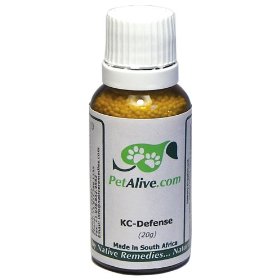
- Peppermint can be used to help relieve the coughing. You can take fresh peppermint leaves and make a tea, administering a few drops every hour or so until the coughing stops.
- Yerba Santa is an
herb that can be used as a mild decongestant and an expectorant. That
the Yerba Santa and make a tea with it; add about 15 to 25 drops per
one ounce of water in your dog's water bowl.
Just remember that before you give your dog anything, verify with your vet proper dosages, but for the most part because these are natural ingredients, you can pretty much follow the instructions on the label.
PetAlive KC-Defense
There are homeopathic remedies that you can use to help build your dog's immune system so that he can fight off kennel cough. You can help build your dog's immune system against kennel cough and other respiratory illnesses. This is one of the most recommended natural home remedies for dog kennel cough.
PetAlive is a natural brand of dog remedies. The KC-Defense works to maintain healthy and easy breathing. It can be used for just about any respiratory illness, and works exceptionally well for dogs with kennel cough.
This is a 100 percent natural product that is safe and proven effective. There are no artificial preservatives and no side effects.
PetAlive KC-Defense will help relieve kennel cough and other respiratory infections before they spread to other pets and dogs. You can use KC-Defense Healthy Lungs for a treatment and preventative to kennel cough and other respiratory illnesses.
You can purchase the ComboPack so that the two remedies will work together to increase immune support against respiratory illnesses.
Prevent Kennel Cough
The most common form of treatment is getting your puppy and dog vaccinated. There are two different vaccinations against the disorder- 1) the intranasal vaccine and 2) the injectable vaccine. The intranasal vaccine is more effective because it stimulates immunity in the nose and sinus area where the bacteria will enter; it only takes about 4 days for your dog to develop an immune response against the bacteria. The injectable vaccine is less effective because it doesn't stimulate immunity at the bacteria entrance.
The Bordatella vaccination will lessen your dog's chance of contracting the illness, but is not 100 percent effective, but it is pretty effective in most cases. If your dog has been vaccinated against the infectious disease and still can't fight it off, he will get a less severe version of it because his body will still be able to weaken the bacteria before it sets in.
You'll find that dogs who are from kennels, large breeders, or spend a lot of time with a lot of dogs will be at higher risk of developing kennel cough, and in those cases it can be hard to 100 percent prevent it with a vaccination.
If your dog is diagnosed with kennel cough before he's vaccinated, the vaccination won't do much good. You'll have to find other means of treating kennel cough.
Preventing Kennel Cough in Shelters and Kennels
The best way to prevent kennel cough in shelters is to make sure to vaccinate the animals before they are admitted. Then quarantine the animals to verify that they are healthy before moving them to where other animals are housed.
Other preventative methods include reducing stress, reduce crowding, maintain good air quality, and increase sanitation methods.

By reducing overcrowding, you'll find that risks of an outburst of kennel cough in the dogs will be greatly reduced.
There's one study that shows each day a dog spends in a shelter increases his risk of developing kennel cough by 3%. Because most animal shelters are no large enough or equipped to provide minimal care for the stray animal population plus those animals who are released by their owners, the likelihood of just one dog bringing in the bordatella bacteria is very high.
Being that many shelters house multiple animals per cage/run that have not been properly vaccinated or quarantined is not helping reduce euthanasia and increase adoptions.
Striving to reduce euthanasia by packing in as many animals to reach near over capacity, it not helping increase the health of the animals. It's doing the opposite and increasing risk of disease and death.
Not all shelters are like this, but it is a big problem that if corrected can potentially prevent kennel cough and many other health issues that can be contracted by airborne bacteria.
Disclaimer: Please be aware that the advice in this article should in no way replace that of a licensed veterinarian. The methods outlined above may or may not work for your pet. If you have any concerns, you should consult a veterinarian.

